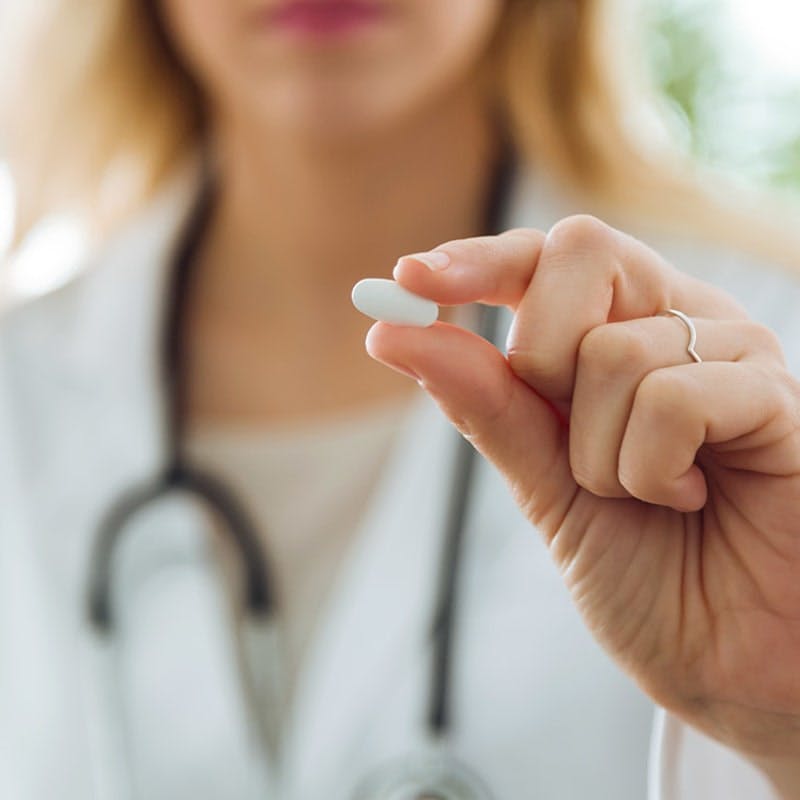Antibiotics are prescribed to treat some types of bacterial infection. Antibiotic resistance occurs when bacteria change in response to the use of these medicines.
In 2018, the World Health Organisation (WHO) released data on antibiotic resistance, revealing high levels of resistance to a number of serious bacterial infections in both high- and low-income countries.
